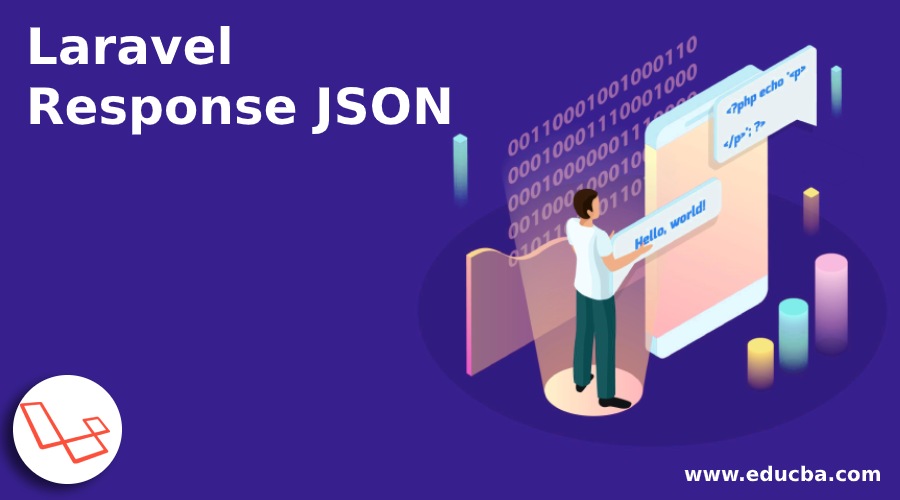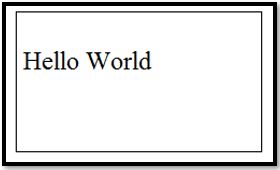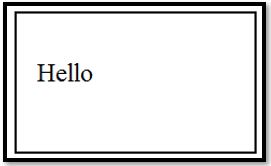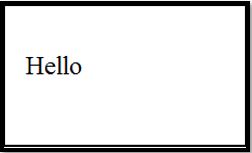Updated July 3, 2023

Introduction to Laravel Response JSON
Laravel Response JSON, the Laravel framework, has been in demand for the last few years. It has garnered a sizeable portion of the development framework market. The reasons are plenty. One of the most important features of the framework has been its expressive command line methods. Laravel Framework provides developers with an enormous amount of options to create some of the most fluid functionalities. Because of this, coders worldwide find it easy and enjoyable to code in this framework.
The other aspect of the framework has been its ability to scale. Laravel frameworks are also able to work together with other standalone programs to create functions. This is handy when developers try to integrate other features into a laravel framework. Much has been said about the Laravel framework library. This is a library that stores a vast amount of information. It is easy to access and, as I had mentioned earlier, expressive enough to provide multiple options for the same functionality.
Let’s take, for example, the subject of this article: Laravel Response JSON.
It must be remembered that there are many ways in which a website can respond to a query sent by the user. These ways are usually based on the parameters that the user has set. This is where the expressiveness of the Laravel Framework comes in handy. Laravel provides multiple ways for a query to be answered. These can range from simple string responses to JSON responses.
Examples to Implement Laravel Response JSON
The below examples will make it amply clear the efficacy of such flexibility:
Example #1
The code will be added to the following file: app/Http/routes.php
Code:
Route::get('/basic_response', function () {
return 'Hello World';
});
The URL needs to be visited for the response:
http://localhost:8000/basic_response
The output hence would be:
The same response can be got through the following method:
return response($content,$status)
->header('Content-Type', $type)
->header('X-Header-One', 'Header Value')
->header('X-Header-Two', 'Header Value');Output:
Example #2
We are still dealing with app/Http/routes.php
Code:
Route::get('/header',function() {
return response("Hello", 200)->header('Content-Type', 'text/html');
});Go to the URL for the response:
http://localhost:8000/headerOutput:
Example #3
This time around, we will go a step further. We will attach coolies with the basic query. It is important to remember that every cookie Laravel generates is encrypted with a digital signature so that the client cannot read or modify it.
Code:
Route::get('/cookie',function() {
return response("Hello", 200)->header('Content-Type', 'text/html')
->withcookie('name','Virat Gandhi');
});Output:
Explanation: The URL needs to visit for the response to be tested. There is another way in which Responses can be sent. This uses JSON as a tool. JSON response sends the query by using the content-type header.
Example #4
We are still continuing with app/Http/routes.php
Code:
Route::get('json',function() {
return response()->json(['name' => 'Virat Gandhi', 'state' => 'Gujarat']);
});The URL will now have to visit to test the output
http://localhost:8000/jsonOutput:
Explanation: As has been illustrated in the first example, the response query can also be replaced by the return query. It means the same. The responses become complicated when parameters have to be put in.
These are the times when they become customized. Custom responses are usually the norm.
let us see a few examples of responses:
Example #5
Code:
$response = Response::make($contents, $statusCode);
$response->header('Content-Type', $value);
return $response;Explanation: This response is inherited from the Symfony\Component\HttpFoundation\Response. The advantage one gets is the sheer variety while dealing with responses. These methods are also responsible for building the responses for HTTP.
Example #6
Code:
return Response::view('hello')->header('Content-Type', $type);Explanation: The user wishes to return a view as the response content in this response type. As suggested before, one can also attach cookies to the response method.
Example #7
Code:
$cookie = Cookie::make('name', 'value');
return Response::make($content)->withCookie($cookie);Explanation: There might be confusion between responses and redirects. Redirects are queries that take the users to another URL or level. Responses are queries that ask for the output.
The pertinent question would be the comparison between Response and Return.
Both are similar in their approach. Both look for outputs. Returns as a standalone query work for basic arguments, while the response in conjunction with return works for complex queries with parameters set in. Special responses come in the form of JSON responses.
Example #8
Code:
return Response::json(array('name' => 'Steve', 'state' => 'CA'));
A JSONP response will look like:
return Response::json(array('name' => 'Steve', 'state' => 'CA'))->setCallback(Input::get('callback'));
The next query exemplifies a response for a file download:
return Response::download($pathToFile);
return Response::download($pathToFile, $name, $headers);
Another quick example:
Route::get('/api/users', function() {
return App\User::all();
});
// /api/user/
[
{"id":1,"name":"Bill Murray","email":"bill.murray@example.org","created_at":"2017-02-14 01:53:04","updated_at":"2017-02-14 01:53:04"},
{"id":2,"name":"John Doe","email":"john.doe@example.org","created_at":"2017-02-14 02:23:14","updated_at":"2017-02-14 02:23:14"}
]
/** @test */
function test_json_response()
{
$response = $this->json('GET', '/api/user/1');
$response
->assertStatus(200)
->assertJsonFragment([
'name' => 'Bill Murray',
]);
}Explanation: Looking at the vast amount of examples, it is quite certain that the laravel Jason response primarily works as an output query which, when mixed with parameters, provides us with customized queries. Blind coding will only lead to redundancy and correcting a very long code.
Conclusion
As with the examples, the laravel framework abounds with queries that give the user precise outputs. With the kind of flexibility that Laravel shows, it is no doubt that the framework is at the top of everyone’s wishlist.
Recommended Articles
We hope that this EDUCBA information on “Laravel Response JSON” was beneficial to you. You can view EDUCBA’s recommended articles for more information.





